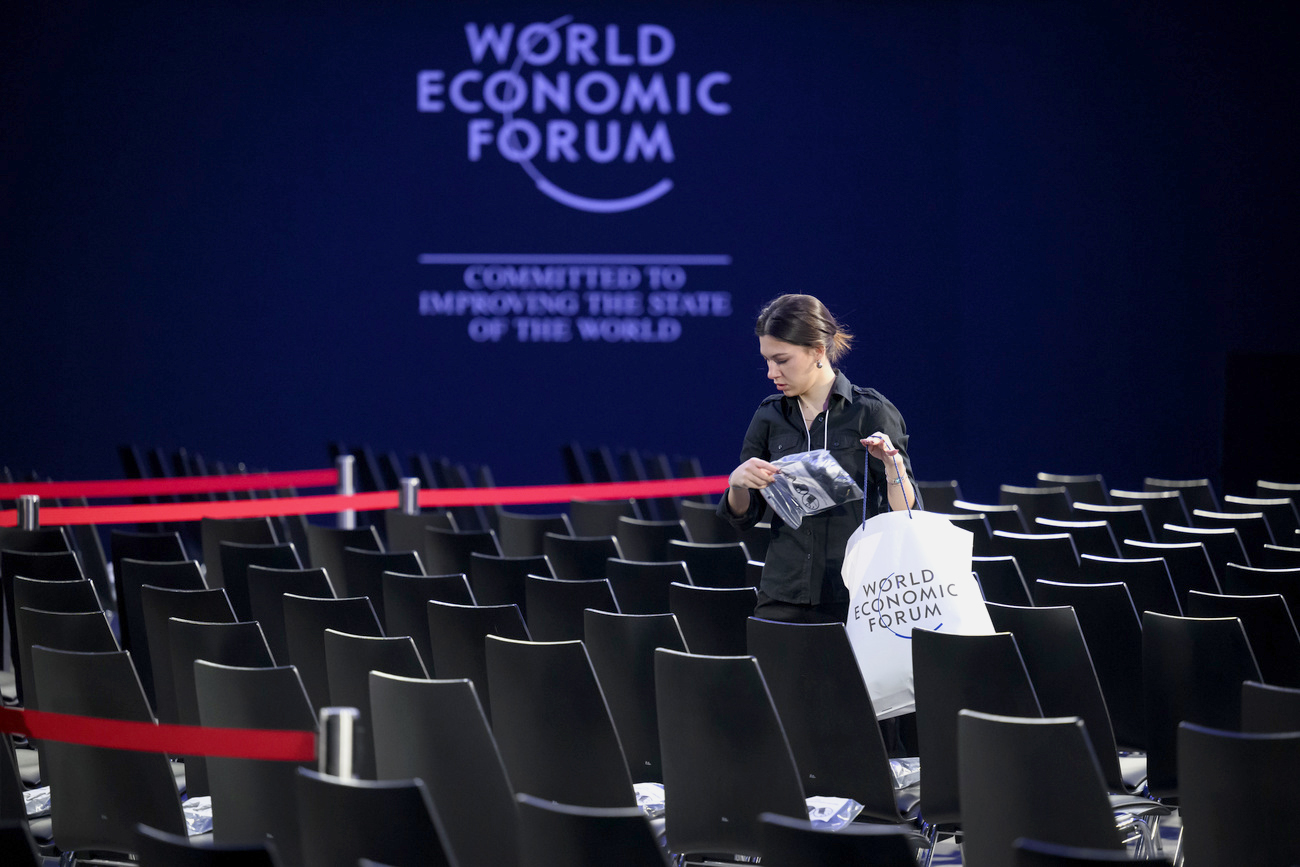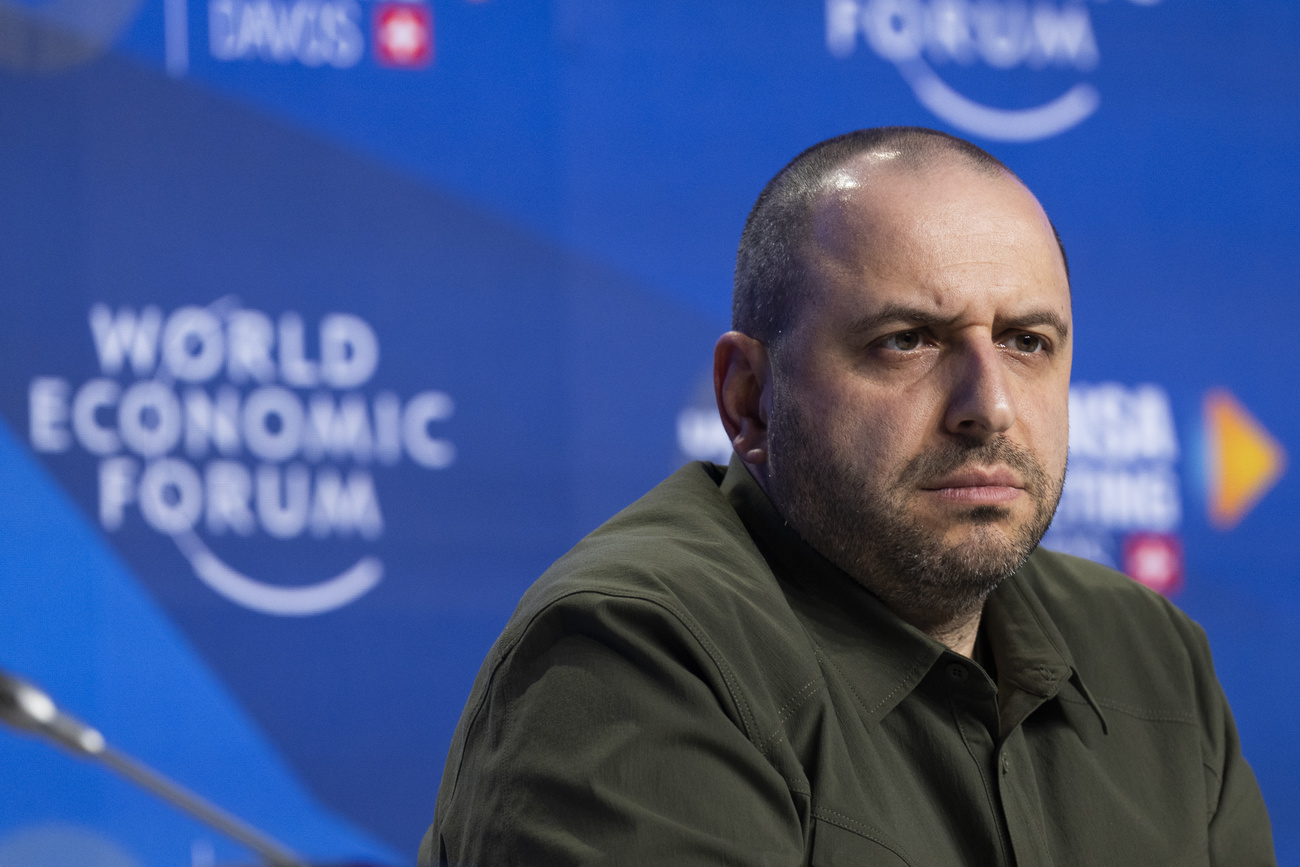Is Davos still worthwhile?
The fear of missing out makes the Alpine resort the ultimate networking opportunity. But the Financial Times editorial board asks if holding the WEF in Davos Switzerland is still advantageous?
“Davos Man” and “Davos Woman” do not strut quite so confidently these days. The conference-attending tribe were identified by the political scientist Samuel Huntington in 2004 as a global elite who “have little need for national loyalty, view national boundaries as obstacles that thankfully are vanishing, and see national governments as residues from the past”. How times have changed.
As some 300 public figures and 1,600 business leaders gather for the World Economic Forum’s 54th annual alpine rendezvous this week, its globalist raison d’être is in retreat. National fealty is in vogue. Borders are no longer considered obstacles but protection — at least by some. The big state is no longer an anachronism. So what is the point of Davos now?

Some will contend that the breakdown of the “Davos consensus” makes it even more important to bring together global political and business leaders. The threats to world stability are multiplying, with wars raging in Gaza and Ukraine and Donald Trump seeking a return to the White House.
Yet Davos can often become an echo chamber. There is a risk that some delegates end up leaving the event with their beliefs reinforced. The forum can at times feel like a rant among like-minded individuals who are struggling to come to terms with a changing reality.
Davos’s strength has never really been in its ability to proffer solutions to the world’s problems anyway. For every panel and speech that imparts insight, there is likely to be another with platitudes and experts talking vaguely about “megatrends” — as is true of many global conferences. Indeed, the forum’s lofty ambitions often distract from the true purpose of the event: its unmatched power as a giant networking opportunity.
When Klaus Schwab founded the event in 1971, it was called the European Management Forum. The inaugural confab, with 450 participants from 31 countries, was aimed at sharing best management practices among business leaders. The turbulent decade that followed led the forum to take up economic, political and social matters too, and politicians were added to the invite lists.
The official conference has now evolved into a somewhat unwieldy affair, discussing an ever-growing array of topics and attracting an ever growing number of people. This year’s programme has over 200 sessions, with a foggy theme of “rebuilding trust”. It has also become even more costly, with corporate attendance running well into five figures for tickets, flights and accommodation — and that does not include the prerequisite annual membership fees which reportedly start at over £50,000.
And yet, despite the expense and sometimes rambling nature of the stage discussions, business leaders, politicians and those who want to mingle with them (including journalists) continue to show up. Fringe events, drinks and dinners allow organisations to capture the attention of many of those with the world’s deepest pockets. Off-the-record conversations in corridors and hotels are often more valuable than the rigid speaking briefs followed on stage.
Various organisations and countries have tried to organise alternatives to Davos but never quite achieved the scale or ambition. On a global scale, the curious appeal of a snowy week of networking and partying, of garnering social kudos and hoping for a life-changing chance meeting, remains undimmed. Davos’s achievement is the perpetual motion effect: ongoing attendance is guaranteed in part by the simple fear of missing out.
Copyright The Financial Times Limited 2024
© 2024 The Financial Times Ltd. All rights reserved. Please do not copy and paste FT articles and redistribute by email or post to the web.

In compliance with the JTI standards
More: SWI swissinfo.ch certified by the Journalism Trust Initiative














You can find an overview of ongoing debates with our journalists here . Please join us!
If you want to start a conversation about a topic raised in this article or want to report factual errors, email us at english@swissinfo.ch.